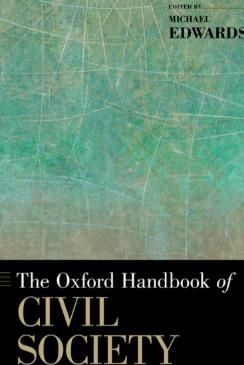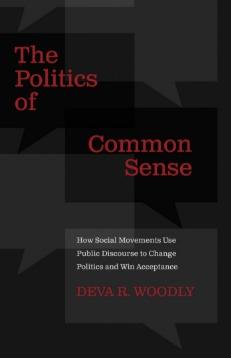
The Oxford Handbook of Political Economy
- ISBN 13 : 9780199548477
- Judul : The Oxford Handbook of Political Economy
- Pengarang : Barry R. Weingast & Donald A. Wittman,
- Penerbit : Oxford University Press
- DDC : Economics
- Bahasa : Inggris
- Tahun : 2006
- Halaman : 1093
- Halaman : 1093
-
Ketersediaan :
013097 Tersedia di Library of UI BBC









